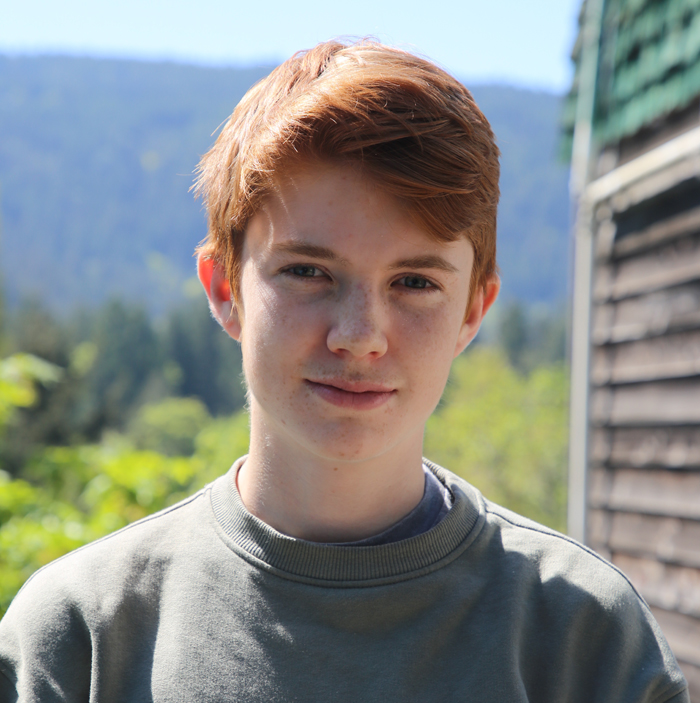The B.C. NDP government hasn’t yet released details of its promised proportional representation referendum, but that doesn’t mean campaigning isn’t already underway.
Just ask Fraser Byers, the Grade 10 student who founded B.C. Youth for Proportional Representation (BCY4PR) earlier this year as an independent directed study course at Gulf Islands Secondary School.
Byers has been busy creating a website and social media accounts, reaching out to university groups and planning ways to encourage eligible B.C. youth to vote yes for electoral reform and to otherwise educate students and their families. On Saturday, the youth group hosted a pizza party at Creekside Community Recreation Centre in Vancouver.
“I started it and now we have a larger team situated across the province,” he said. “We have more than 10 people fully committed.”
BCY4PR has representation at UBC, SFU, UNBC and UVic, and falls under the Make Every Vote Count Alliance umbrella made up of groups in favour of changing B.C.’s electoral system.
One of the big tasks will be finding a way to make it easier for university students to vote, due to the referendum’s use of a mail-in ballot when students don’t have a permanent address.
“There’s no point telling them to vote if they can’t vote,” said Byers.
Byers favours proportional representation because it gives more weight to each vote than the current first-past-the-post system, where candidates can win with substantially less than 50 per cent of the vote in a riding.
“It can end up that more than 50 per cent of people who vote actually have no impact in the final outcome, and that is really not that good for democracy.”
If people feel they will see representation from their preferred parties and candidates in the legislature, they would be more inclined to vote, he said.
Byers is pleased that the NDP government has set a 50 per cent plus one threshold for passing the referendum rather than the 60 per cent level in two previous B.C. referenda on the subject. He also hopes the question will be a general one rather than asking voters to choose a specific form of PR.
“People believe that proportional representation is complicated and when you get down to the details it is,” he said, “but to be fair, first past the post isn’t any simpler, when you think about strategic voting and how that all comes into play. It is pretty confusing as well and it is probably more confusing for people to think about voting strategically rather than just voting for the party they want to vote for the most.”
Byers said one of the no-side arguments is that PR would open the door to extremist fringe parties proliferating in the province.
“If I thought that PR would give the Nazi party power in B.C., I wouldn’t be doing this, and I don’t think anybody would.”
Setting a threshold of, say, five per cent popular support for a party to get a seat would eliminate that possibility, he said.
Byers and his group see a “yes” vote in the fall as a “now or never” proposition.
“They’re saying this will likely be the last PR referendum, so youth won’t actually get a chance to vote on this issue likely again, so this is the time we need to do it.”
Byers said he is feeling optimistic about the chances of the referendum passing.
“I think it is looking really good and I think people should be confident in working for change,” he said.
He expressed thanks to Gulf Islands Secondary School staff for making it possible for him to work on the BCY4PR project as an independent study course.

